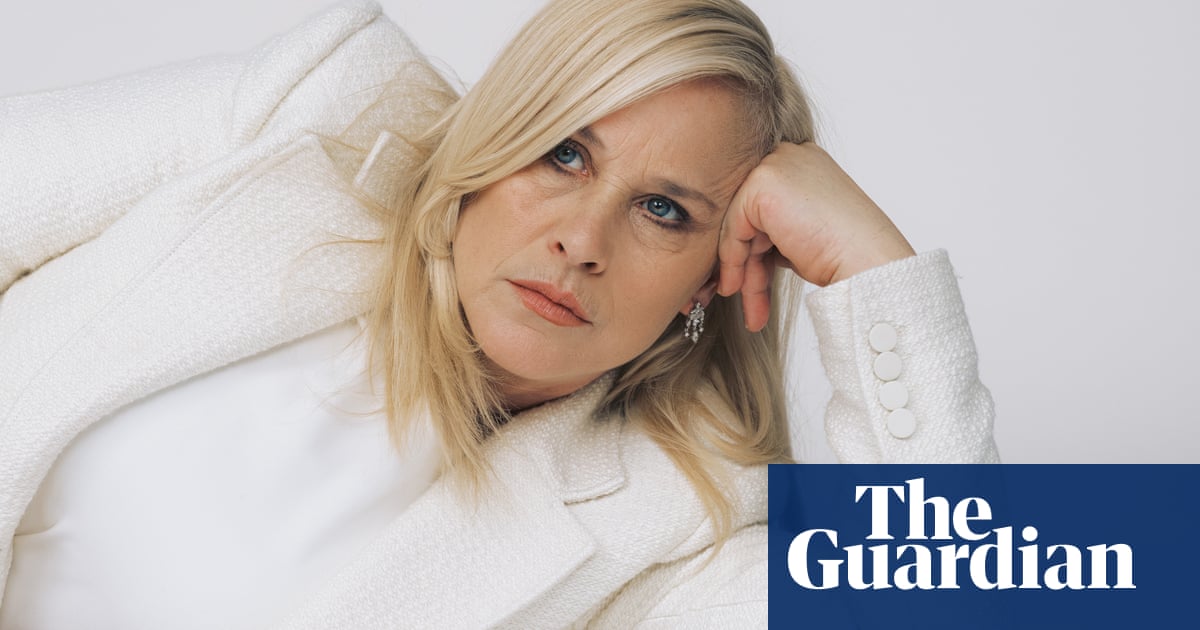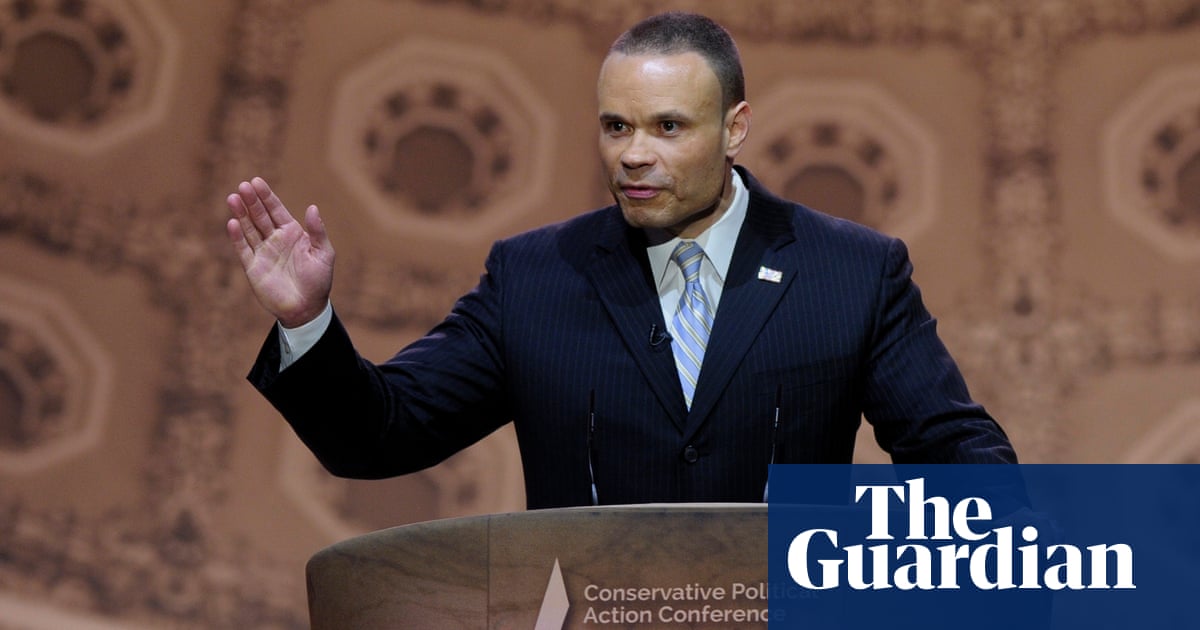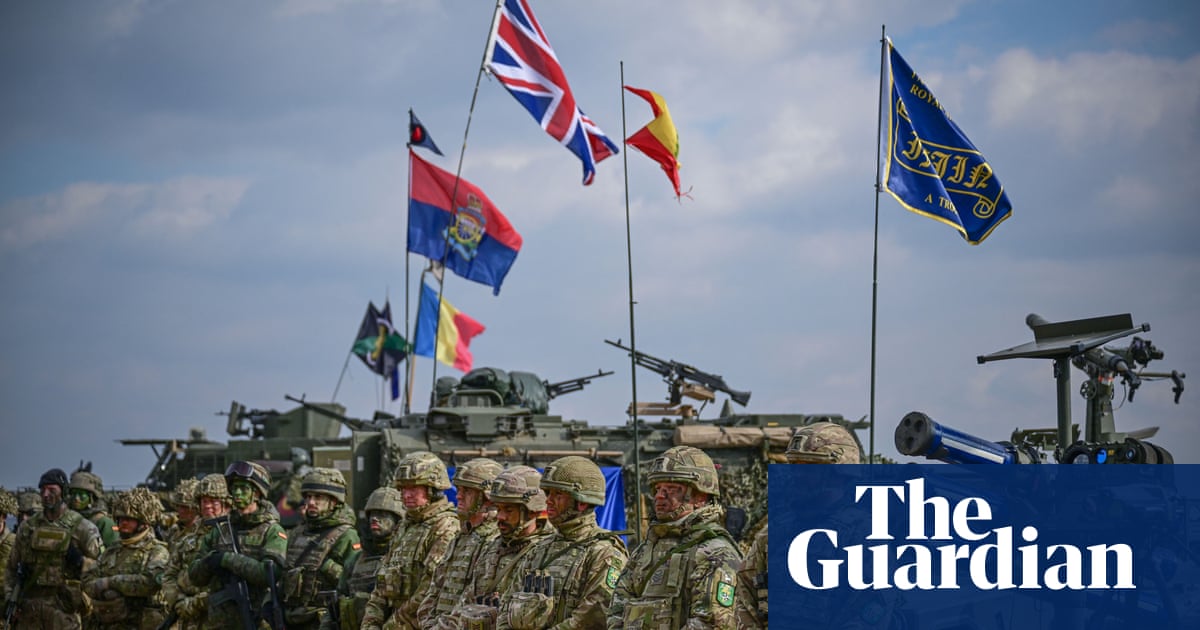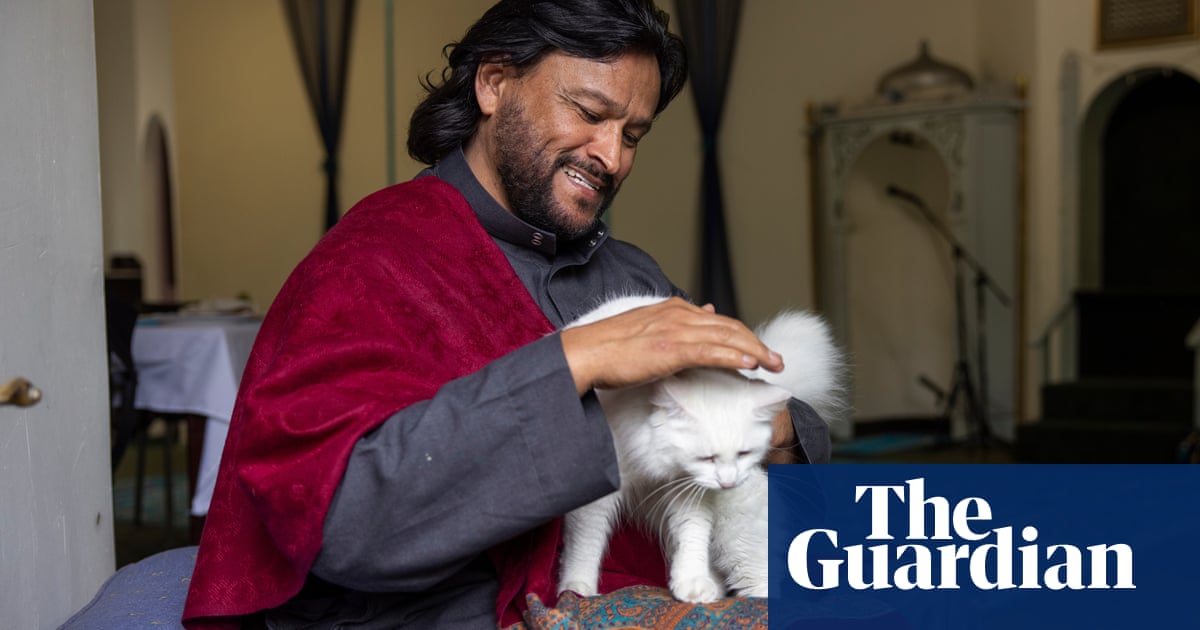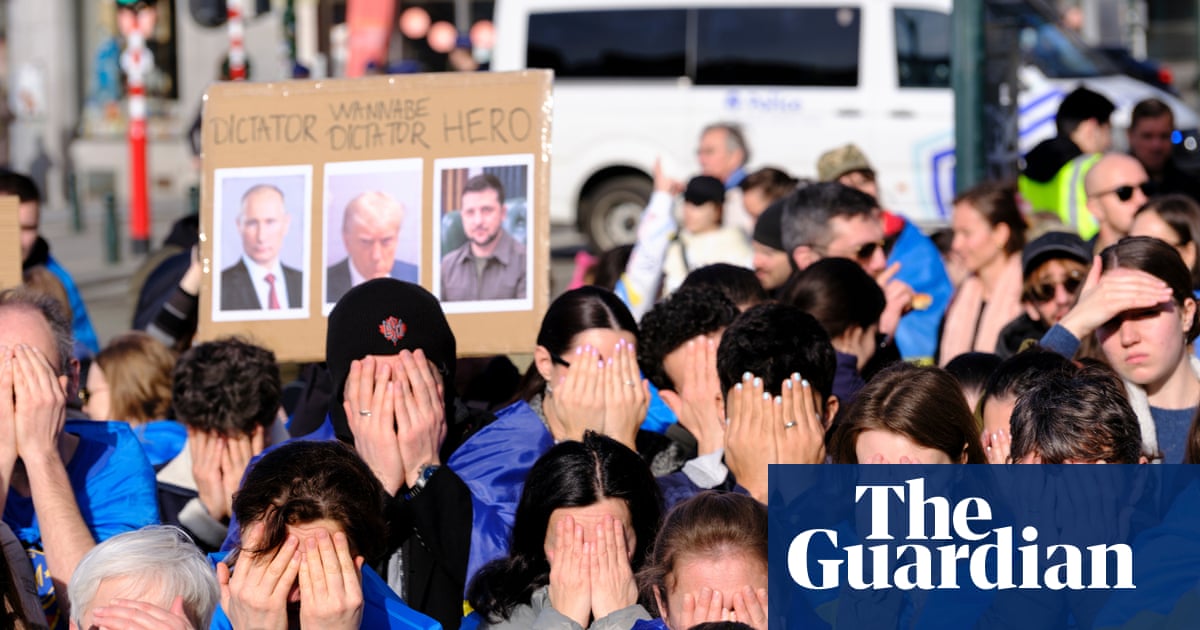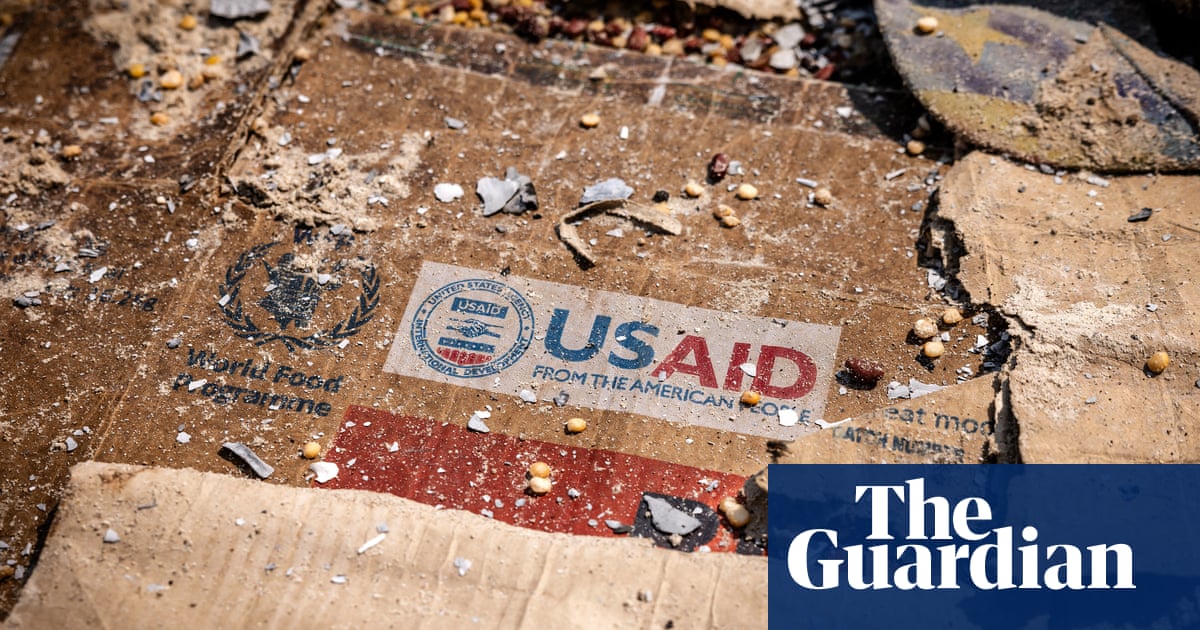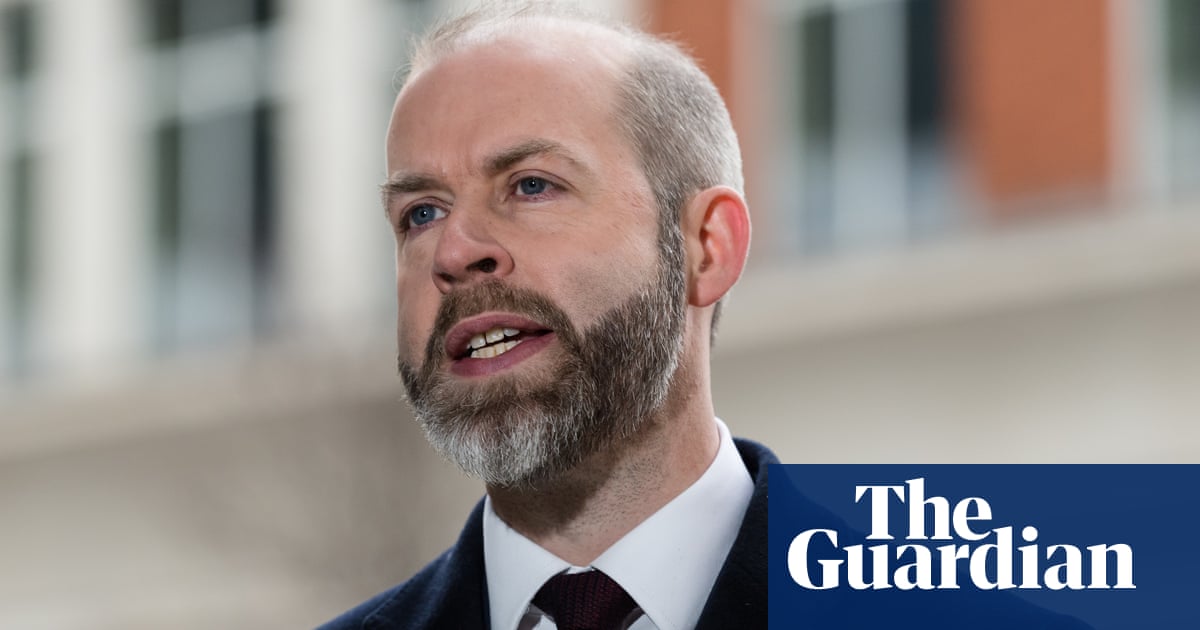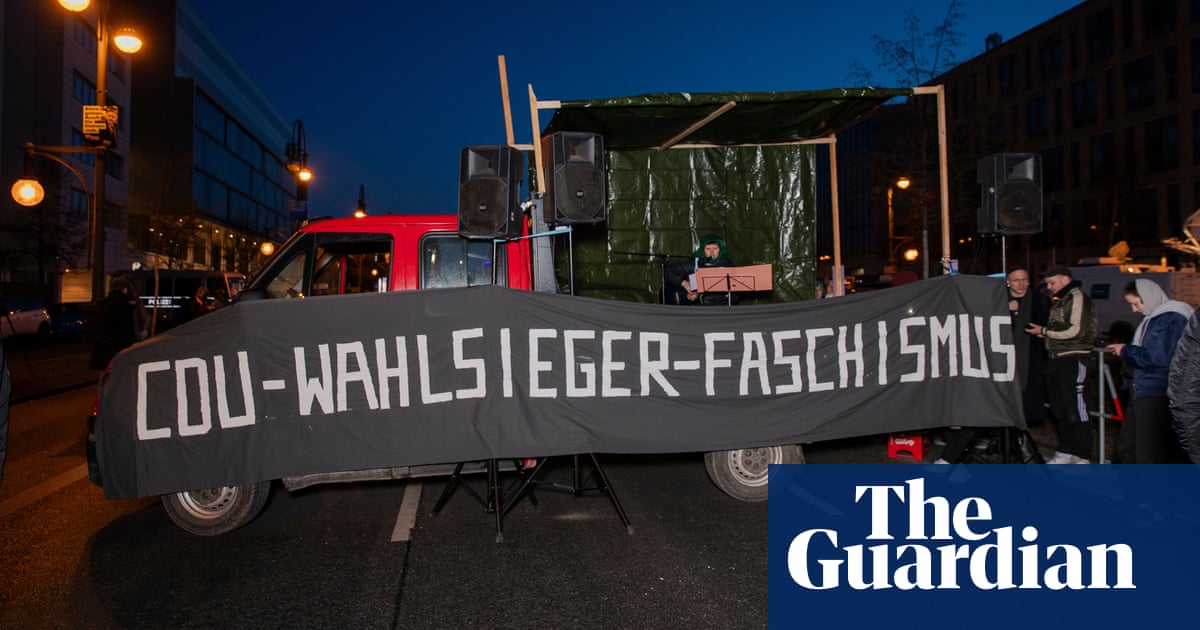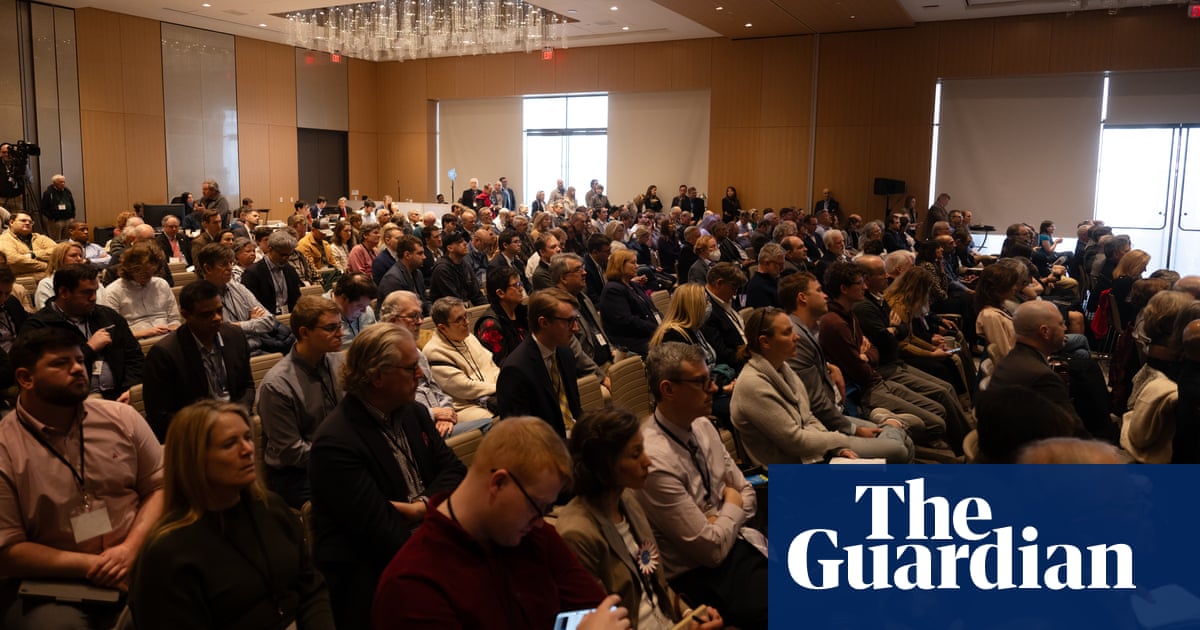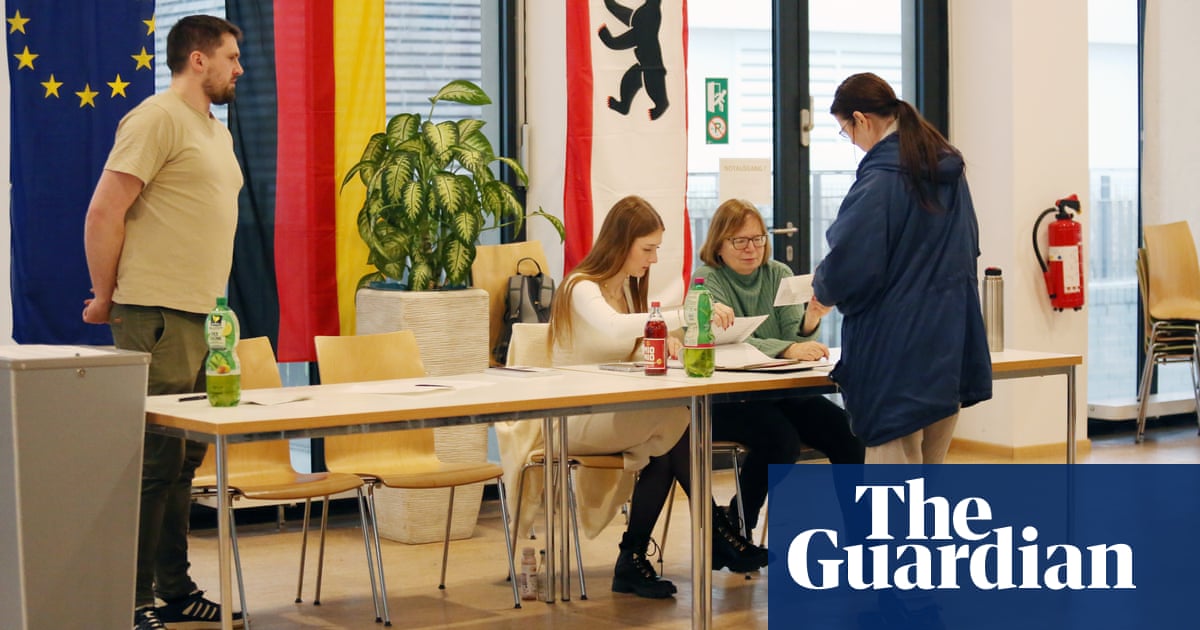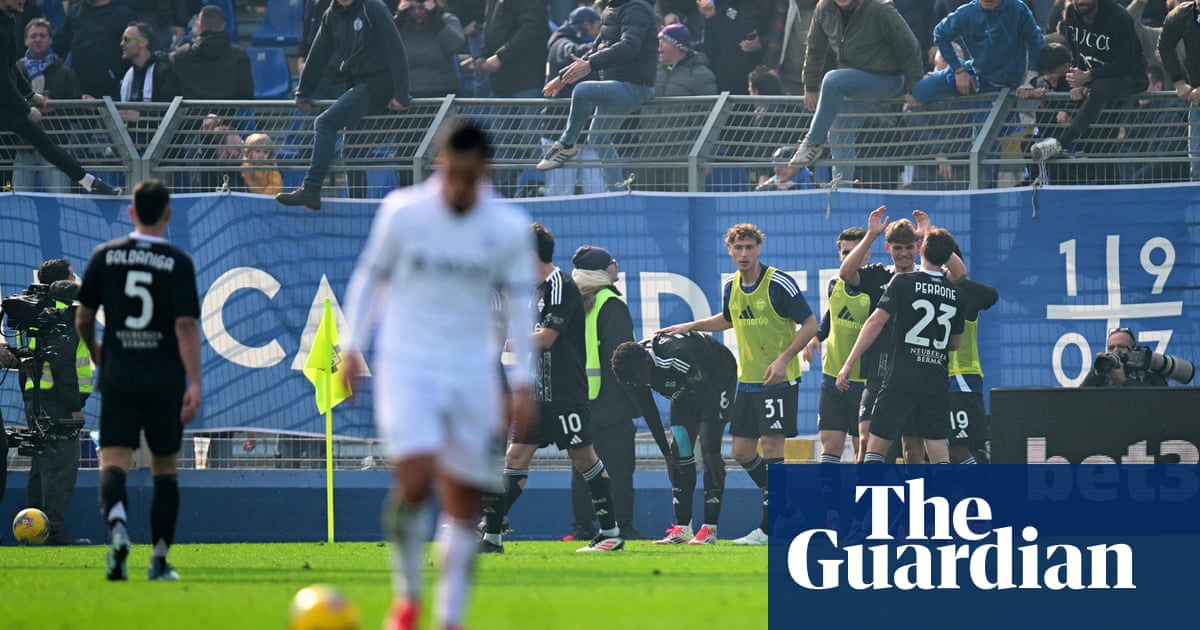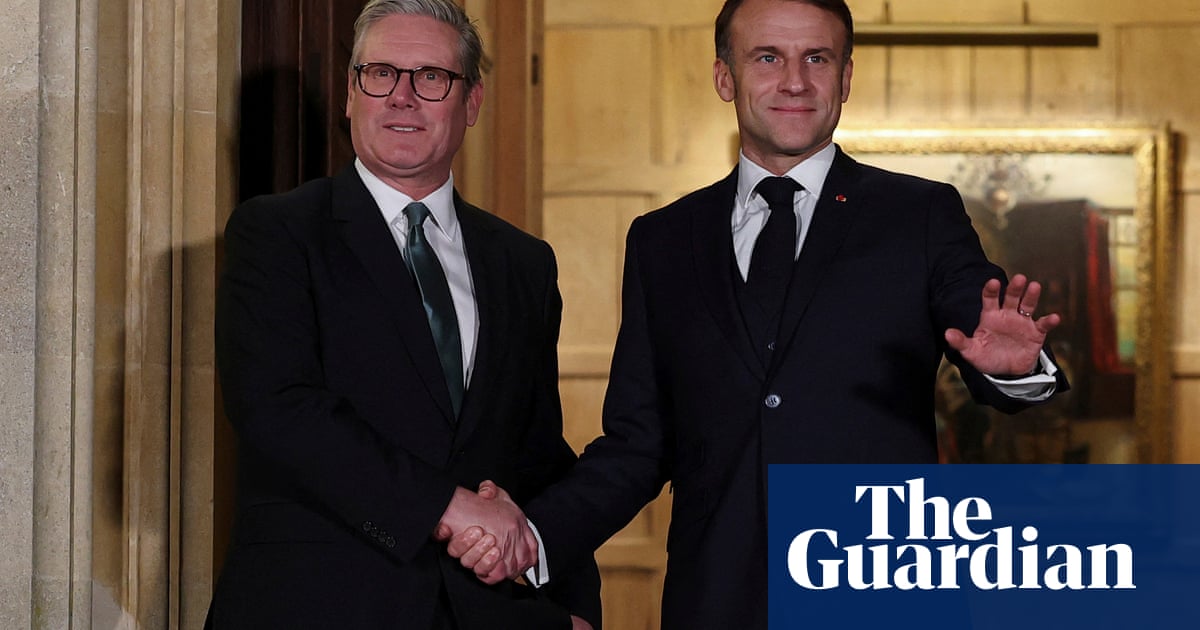A wave of vicious anti-migrant protests in Dublin and beyond, including arson attacks on property earmarked for asylum seekers, and an emerging far right have posed challenges for the Irish government in the past year.
In the seaside resort of Courtown, 100km (60 miles) south of Dublin, residents have shown there is another way, one full of humanity and support for people fleeing conflict or persecution.
A hotel here houses about 200 male refugees and asylum seekers including a doctor, a vet, and an engineer who speaks five languages.
This is their story.

-
Mikie (not quoted), from Nigeria, on Courtown beach in July
It was sheer luck that Baba William got passage on the boat, and sheer luck that he survived. His flatmate in Libya, also from South Sudan, originally got the call from the people smugglers to make his way to the Libyan shore to help pilot the boat across the Mediterranean. “He was sick and said ‘you go’,” William says. He didn’t know how to drive the boat but knew how to use GPS from years working with his father, a fisher.
“We were moved at four in the morning and then I started praying and praying. There were 85 people on the boat,” he says. It was his first attempt to get to Europe. “I had one guy also from South Sudan beside me who had tried nine times.”
He continues: “We were three days at sea. We were trying to get close to Lampedusa and then the engine stopped. We had no fuel. Fishing boats were coming near us but they were saying they couldn’t help us. They asked us what we needed and they threw us bread and water. We had a phone and we kept ringing the emergency number for Italy.”

-
Baba William on Courtown beach

Eventually they were rescued by Médecins Sans Frontières (MSF) and ended up at the Italian port of Bari. Having said goodbye to the dangers of life under militia in South Sudan and then Libya, he couldn’t believe how hard it was in Italy, which that year received 105,000 people on boats operated by people smugglers.
He sustained himself by working illegally harvesting olives in the dead of night, for which he was paid €40 (£33) for an eight-hour shift, until he was selected for an official Irish refugee relocation programme and was one of 21 people flown to Dublin two years ago.
Born in Khartoum, William, 29, recalls the perennially dangerous life back home as civil war broke out. “It was not safe,” he says. “Even now people are scared. You don’t know what is going to happen to you in the night or if you are walking on the street. You go to work and you might not come back. People just disappear. And you can’t find out who is taking the people, who is killing the people.”

-
Barkhad (not quoted) in his room at the hotel

-
The main common room and dining room at the hotel.
Baré, a doctor from Somalia who got his refugee papers a year ago, talks of his relief at being in Ireland, even if by law he cannot practise medicine. “There are no militia in Ireland. It is very safe here. You can speak freely here,” he says, underlining freedoms that people in democracies often take for granted.
Explaining how he came to be thousands of miles from home, he lifts his peaked cap to reveal a horseshoe-shaped scar on his skull from a rifle butt. He also has a large scar from a bullet wound he took during an ambush by militia near Mogadishu in which his friend was shot dead.
“I was working with medical people and they captured us, me and a logistics guy who was driving,” he says. “They said they had to take the car, they shot him and hit me on the head and shot me. You can see the shape of the rifle. I was in a coma for four days and taken to prison, but someone helped me get out.”
He went to a refugee camp in Ethiopia, later got a visa for the UK, and stayed in London for about two years but realised it was “no good” for him. A fellow Somalian he had met suggested he could get to Ireland via Belfast.
“I like Courtown,” he says. “People are very welcoming, helpful to refugees. If my family come here I will be so happy.”

-
Mohamed and a roommate in the hotel

-
Mohamed at a bus stop in Courtown
Mohamed, an Algerian vet, also arrived in Courtown via London and Belfast. He says: “When I was in Algeria I did not know what asylum was. I did not know about Ireland or where it was. I just wanted to leave Algeria. I did my military service and started work at the same time but also started looking for a visa. I tried France, Germany, Italy, Canada, US over 10 years and eventually got a visa to the UK. I didn’t tell my mum or my dad, just my brother I was going.”
After 11 days in London in a hostel, he was advised by someone he had met while looking for a house share that he would be better off applying for asylum in Ireland and could go without papers via Belfast. “I met someone who had been 10 years in London without papers, another 12 years, that’s why I started thinking about Ireland,” he says.
Like Baré, he has been unable to practise his profession because of different qualification standards, but he moved quickly to involve himself in local life, working in a charity shop to occupy himself six days a week, and he now works as a barista in nearby Gorey.
“Things were bad in Algeria,” he says. “I didn’t feel good and I just needed to leave. I didn’t mind where. I was happy when I got England because it is famous. One of my friends say if England is not good there is a chance to go to Ireland. I had never heard this information before.”

-
Emmanuel (not quoted) in his room in the hotel in Courtown
A bouncy, chirpy character, Mohamed says he may be sad inside over the traumas at home but outside he is “always happy”. He is currently waiting for his second interview in relation to his asylum application and says he is an optimist. Fluent in Arabic and French and improving his English, he wants to take exams to work as a vet again and build a future.
Also in the hotel is Theron, a young South African journalism graduate who came to Ireland to escape persecution, including after attending a pride march with a friend in the township of Alexandra. He says he received death threats and was mugged multiple times, and felt unsafe in a country known to have an inadequate police force and whose murder rates are at a 20-year high.

-
Theron in his bedroom at the hotel
Theron’s mother now lives in the UK with a sibling but he was not eligible to join them as he was no longer a minor. Not knowing what else to do, he sought refuge in Ireland in the hope he could be near his family.
Courtown is “very peaceful”, he says. “People take care of each other. There are always activities and people ask us to help and they provide us with a few interesting things to do.”
He adds: “I’ve never felt threatened or hated. I’ve haven’t been called any names,” though he says some of his friends closer to Dublin had to “cancel some of their plans” around the time of the anti-immigration riots in November last year.

-
Theron in his room
Why has Courtown been so successful in integrating asylum seekers and how did it escape the kind of anger and abuse captured in a recent RTÉ documentary, Inside the Protests. People in the town say it is largely down to the integrated support offered by residents, the gardai, transport operators, the library, the football club.
“Looking at that programme, I can’t get over what I was seeing. It was shocking, it was frightening,” Carmel, a local shopkeeper, says of the documentary. “We haven’t had problems with people here. They are nice, friendly, always say good morning and thank you, a lot of them can work, they are working, buying Irish cars, and putting money into the local economy.”

-
Donny, who works in a local store
Donny, who works in the same store, says of the arrivals: “Personally I think it is good. We learn something from them. Some people feel they are losing the Irish heritage because they can’t sing the national anthem. But you got to remember this country has been very stuck in its ways – look at the priests and the abuse that only came out. We’ve got to remember our way isn’t always the best way.”

-
Craig Land, the chair of the local River Chapel community complex
Craig Lang, a community activist says the key to the success was that Courtown residents decided to get to know the people in the hotel. The gardai were responsive to any issues in the hotel, and some of the arrivals were welcomed into the football team, given work in the local Tesco and bakery and asked to steward local festivals. Their visibility reduced the chances of fear taking hold in this small seaside resort.
The community already had experience with families in the hotel, so Lang says there was “crossover” when the hotel became a centre for male asylum seekers. “It was simple really. These people are all human beings, so there was crossover with what we did before.”

-
Omar (not quoted) at the Courtown hotel
Lang says: “We went in and we spoke to them, explained to them what the town was like, we taught them about Irish culture, we got the guards [police] in to talk to them, and discussed with them and interacted with them. They are all fresh to the town, so we explained what hadn’t worked in the past like hanging around in big groups. We gave them a heads up about cohesion in the community and it worked.
“We got them involved in volunteering, litter picking, traffic control on festivals and things like that. And it was brilliant to see them integrating. In Dublin they don’t have the opportunity to integrate with the community and I think that’s where the fear comes from. Here people accept them for who they are because they talk to them.”

-
A wide view of Courtown seafront
“Of course you get a few idiots,” he adds, referring to a fight on the street in which a few of those they are supporting got involved. “But it was nipped in the bud because we had channels of communications with them. At the end of the day it’s been a pleasure to help these guys integrate.”
Lang says “boarding people up” as has been done in Dublin or Newtown Mount Kennedy is a recipe for disaster. “You are blocking them out,” creating a them and us, he says.
What are his tips for other towns? “Speak to the people, engage with them, get to know them,” he says. “Get to know their story. Ask what help they need, what mental support do they need. And get them involved in the local community.”

 2 months ago
41
2 months ago
41

